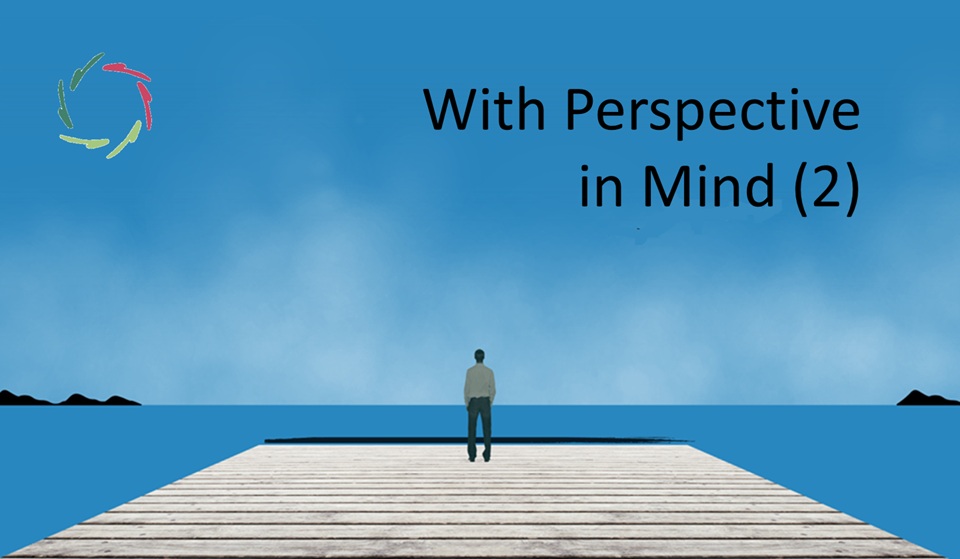The Awakening (to Reality)

Especially the reality of oneself. This is largely unachievable with all too exclusively conceptual thinking.
Reality is conceptual AND subconceptual, not just one or the other.
An overly conceptual take leads to a toy world in perception and construction, of which present-day conceptual humanism is an unfortunate example with many dire consequences in medicine and beyond. On the other hand, an overly subconceptual take leads to magical thinking.
A balanced combination/synthesis of both brings a natural flow toward wisdom.
The human brain/mind has been developed in this reality.
Thus, naturally, it is also conceptually AND subconceptually competent to a certain degree. It is meant to capture as well as possible (given limited resources) the outside reality, the aim being for the organism to survive and thrive.
The quest for survival additionally brings wisdom. One can see that also in many concretely challenging circumstances.
Asleep
However, due to evolutionary and societal quirks, humanity has a hard time grappling with the importance of the subconceptual. We are prone to ‘fall asleep’ ― to scale the balance toward explicitly under-using our subconceptual capabilities. At the same time, the implicit features of subconceptual processing determine how we think feel, and act. No wonder this leads to huge tensions with dismal consequences. Inner dissociation is never OK.
Increasingly, people are lost in translation and don’t understand themselves. Unfortunately, so-called rational people – who also see themselves as most rational – are even more prone to this. The result is much sociopolitical mayhem, for instance. Intelligent politicians do the most backward things ― likewise in other domains.
It pains me daily to see how many people profoundly suffer from these circumstances while they don’t cause them, and while they deserve better.
Crucially, in this, I see the loss of human depth.
This is related to the pragmatic narrowing of attention from the inside out. [Note that it’s challenging to see this for one who doesn’t see this.]
As a result, thinking jumps from association to association with less intricate interplay. The outcome may resemble either a heap of bricks (chaotic thinking) or a house without cement and fundament. The latter leads to quick fixes, non-durability, surface-level solutions, egocentrism, a quest for superficial status, the lack of a broader picture, and, most crucially, the lack of a sense of meaningfulness.
Not surprisingly, we are globally in the midst of a meaning crisis. Without a fundamental paradigm shift, this will get worse.
Awakening doesn’t mean ‘less conceptual’ and certainly not ‘less rational.’
On the contrary, clear conceptual thinking becomes more important than ever to counter a slide toward magical thinking.
Nevertheless, taking into account the subconceptual broadens the mindscape. This may appear less conceptually clear ― mostly because of the broadening, not because the conceptual aim has been weakened. After all, in a conceptual toy world, it’s easy to stay conceptually clear and to reckon only with what can be conceptually proven — or, from the other side, be disproven.
The problem with this is that the toy world is not the real world.
In science, more than ever
Science is the striving for clarity and common sense. This can be achieved either by heightening the clarity as such or by narrowing the domain to what I just described as a toy world.
Unfortunately, the latter option is frequently taken in healthcare science, now more than ever. This is understandable as a defense against magic. Sadly, this defense gets more and more in overshoot. One might wonder what the worst choice is eventually. Meanwhile, ironically, magical thinking pervades healthcare from the backdoor, for instance, through the placebo effect.
Reality always wins in the end. One just needs to be patient sometimes.
AURELIS stands for rationality and depth.
Especially with the advent of (super-)A.I., we should see an exclusivity of one or the other as utter madness. Human-centered A.I. is an excellent endeavor, but only if it’s about the total person.
That requires mainly a lot of mental growth.
It also requires the willingness to be able.


